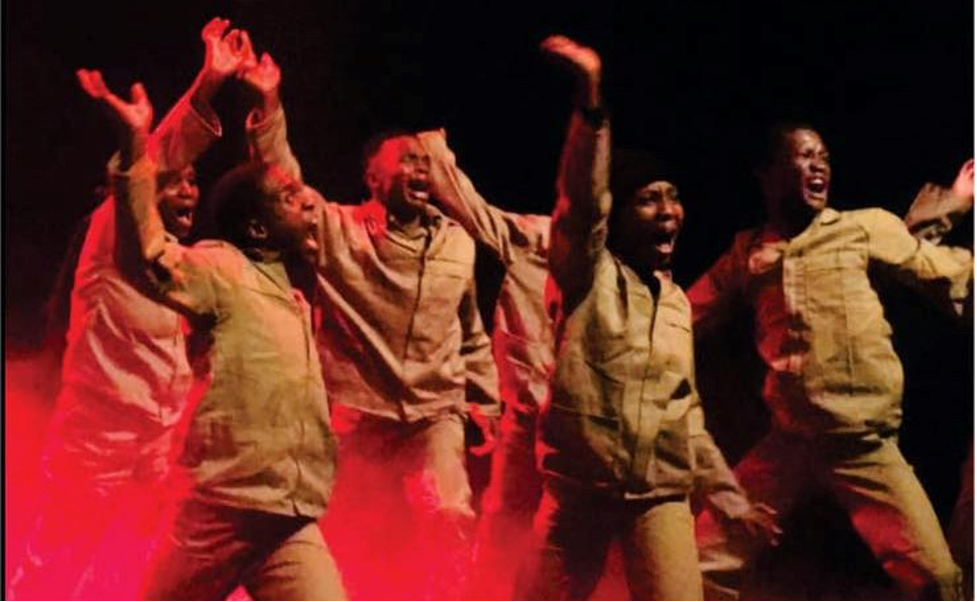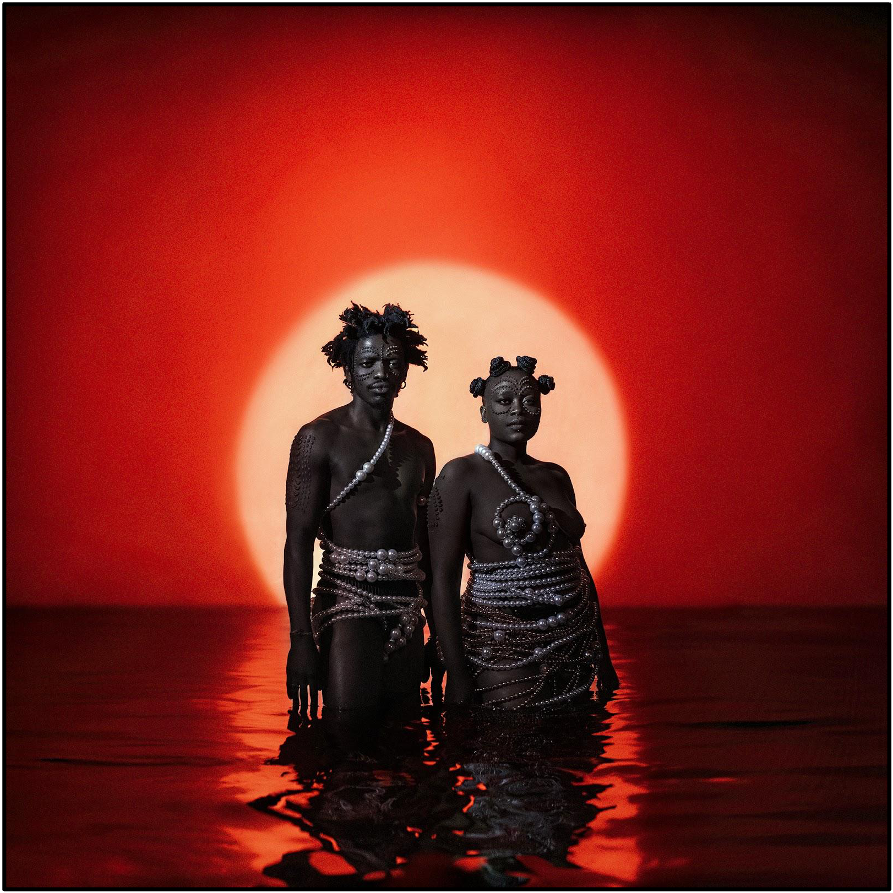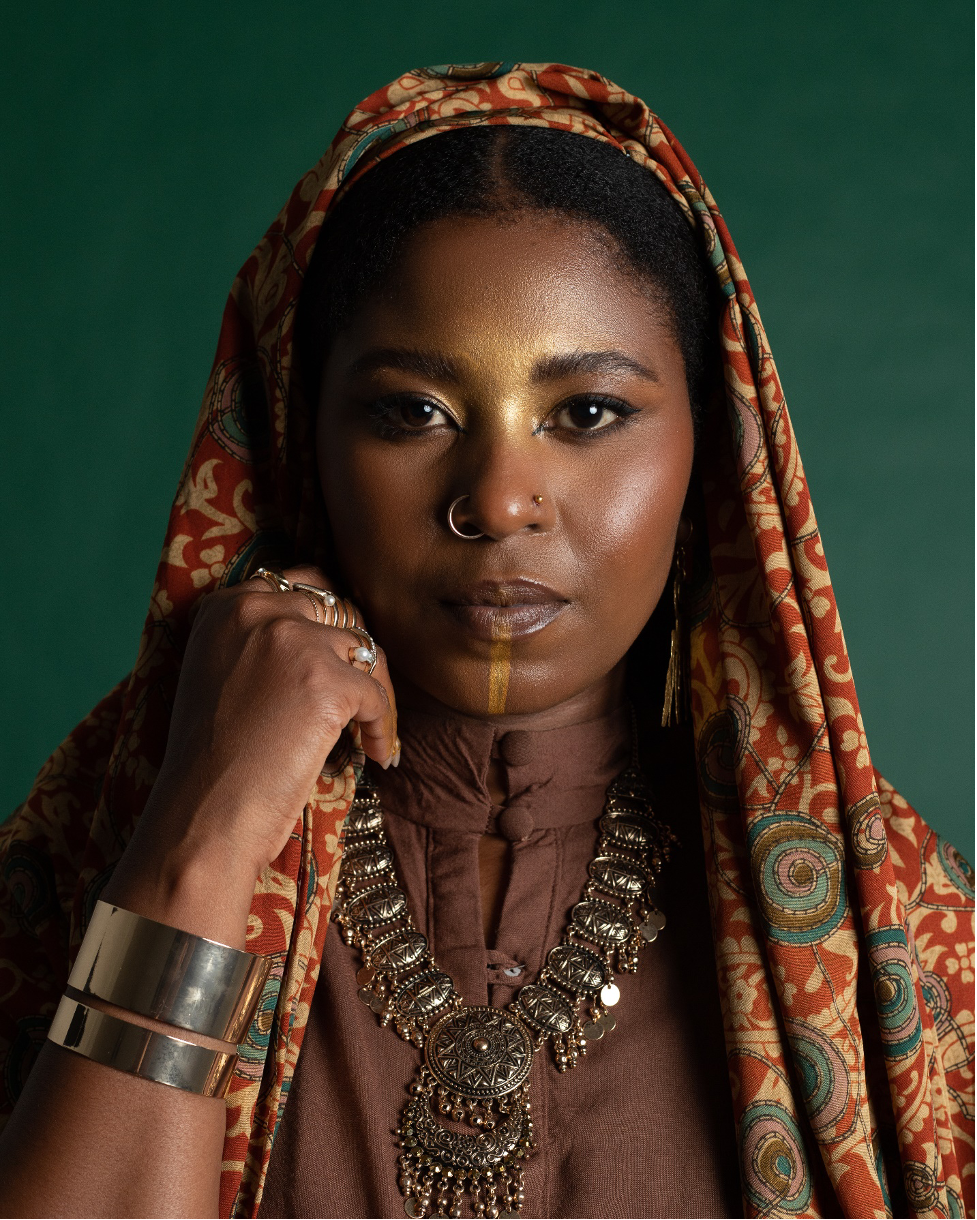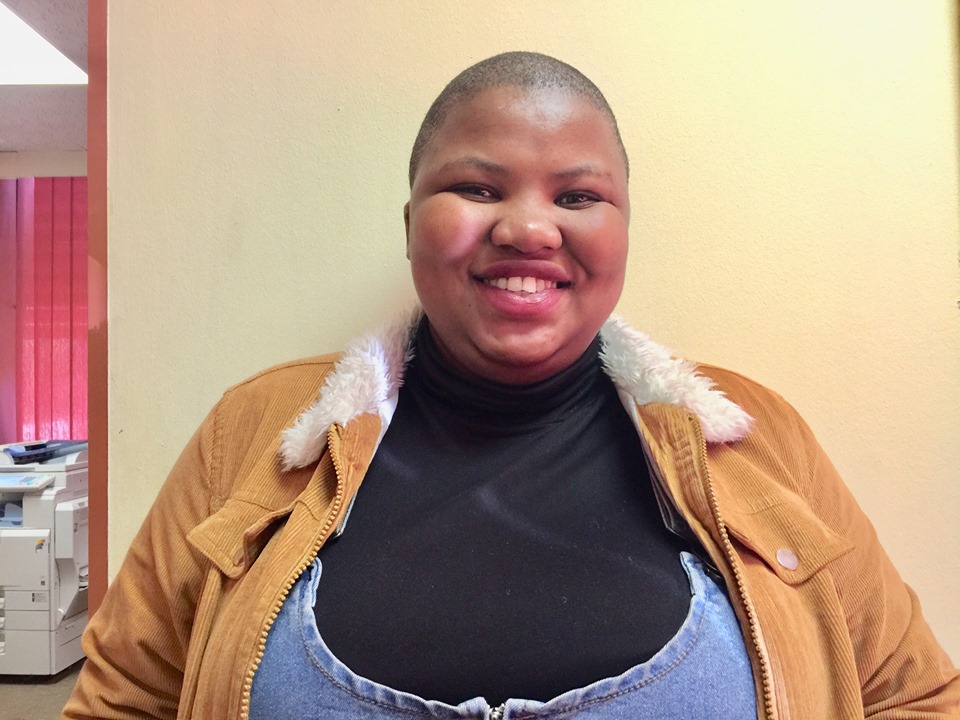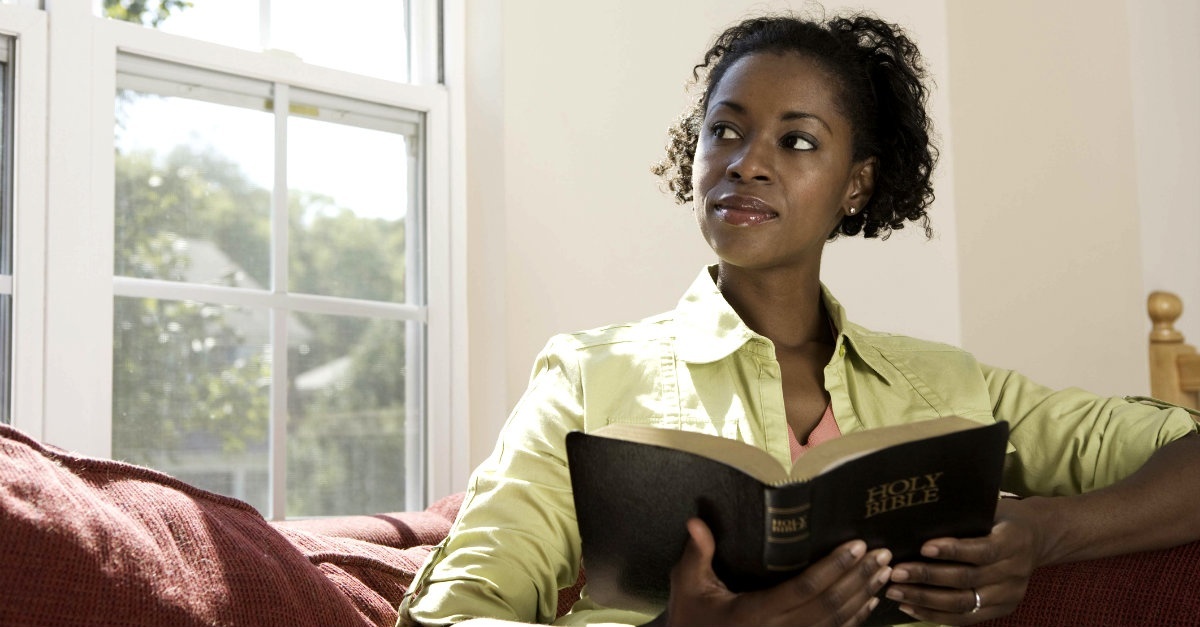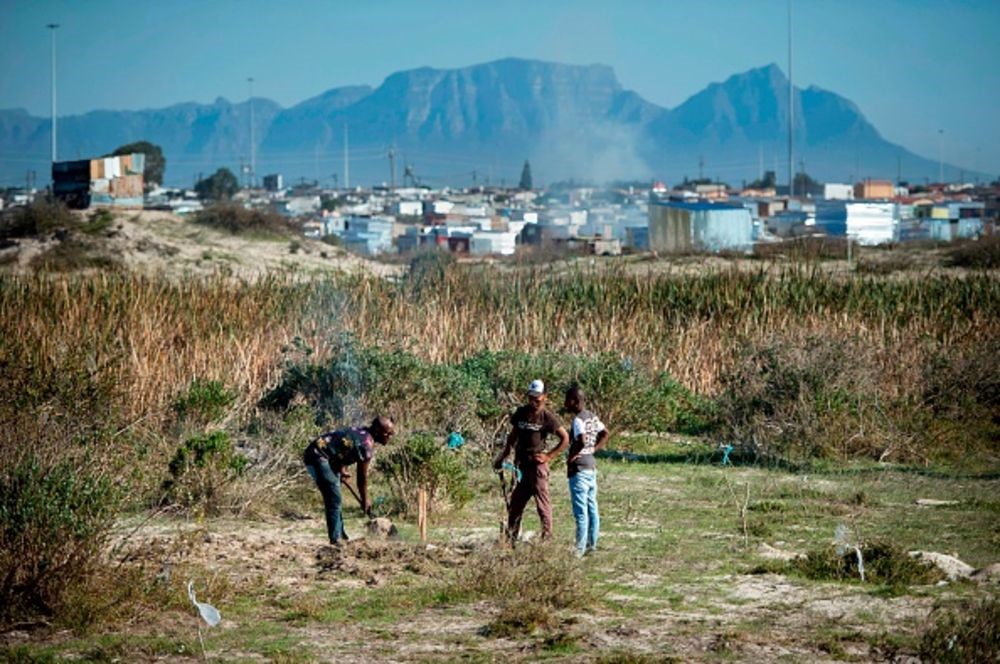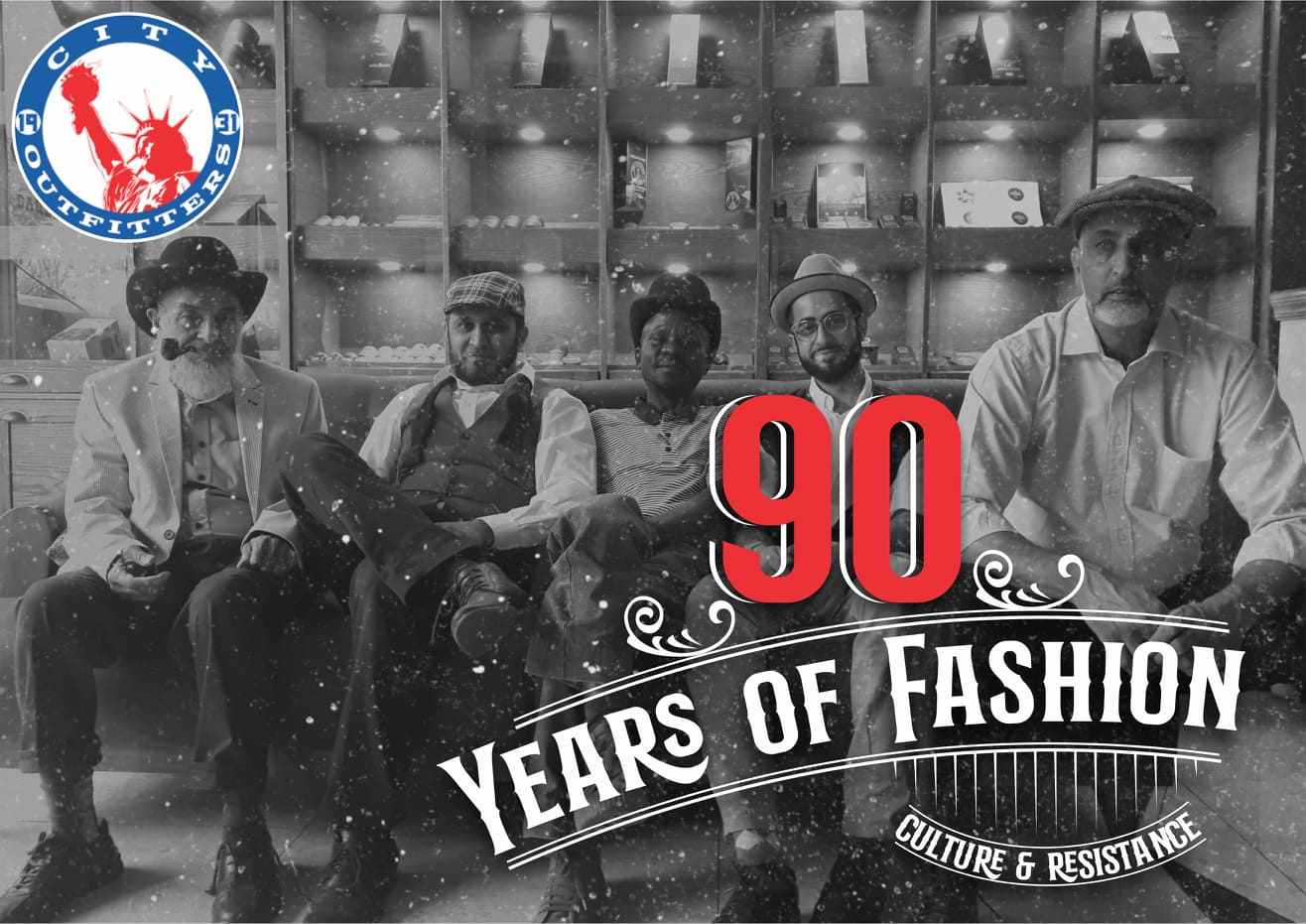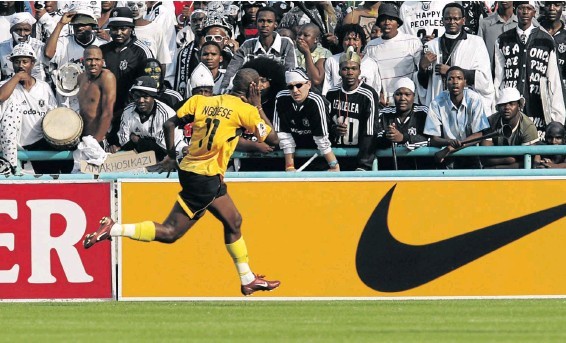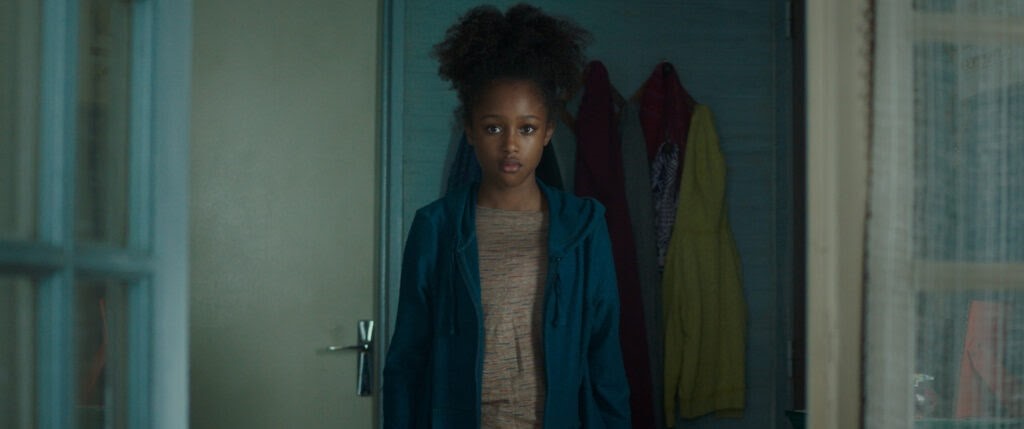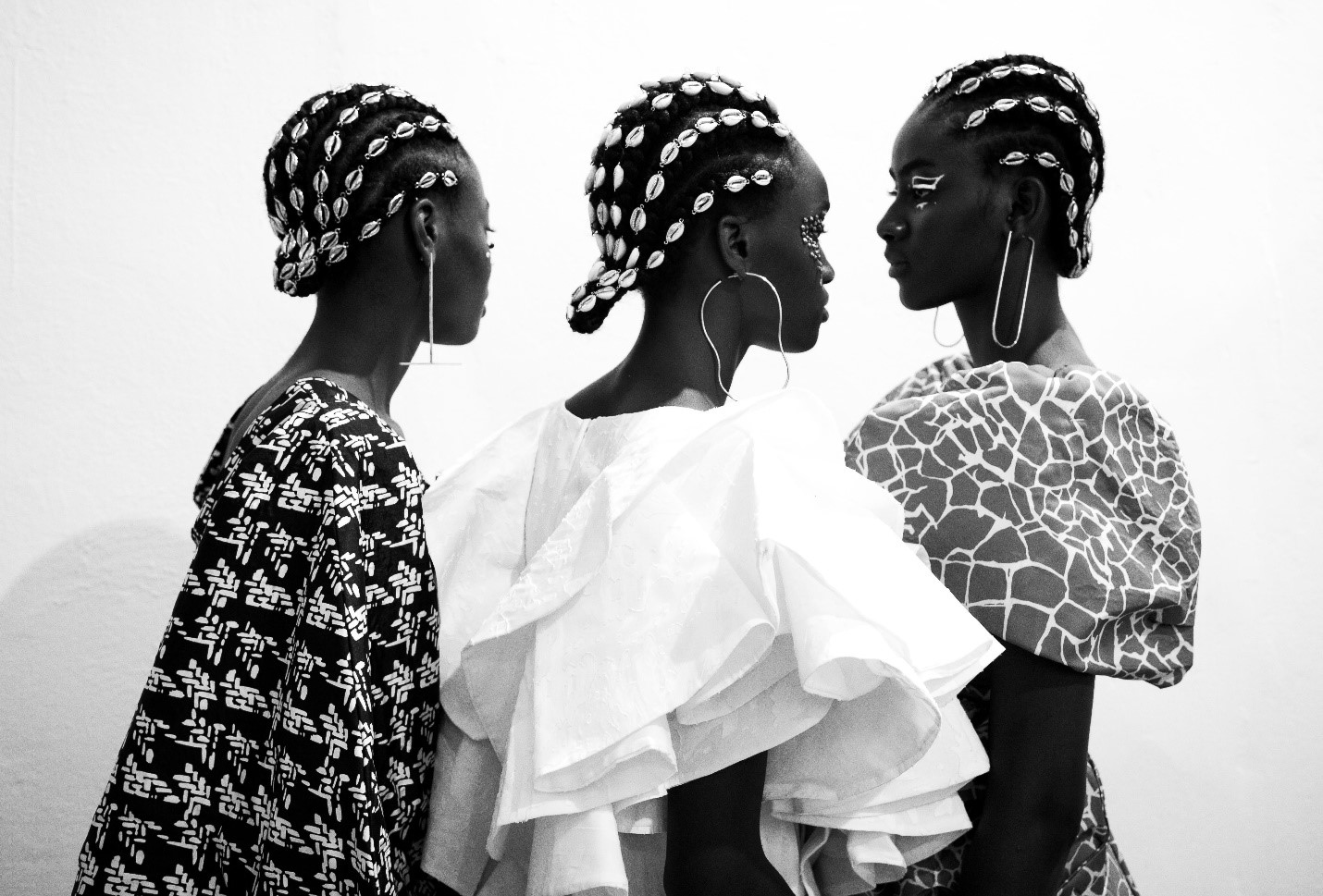“We want our money” was the cry heard at the then Proes Street (now Johannes Ramokhoase Street) at the direction of the Pretoria City Council of the time. The origins of the impasse was a wage dispute that ultimately led to a conflict between black labourers and the police and then into a showdown between them and a military unit, culminating in violence on inter-racial lines.
Hidden in the annals of Tshwane and South Africa’s historiography is this riot. A short-lived clash in Marabastad was enveloped by media coverage of World War II – where the death of 16 people at the hands of military personnel was scantily covered. The events of December 1942 remain fairly obscure to the public and the citizenry of the capital - until now, when art once again assumes the role of education and expression through the theatrical production, Marabastad – The Musical.
Following an enormously successful mini-season run in 2021, the musical makes a return to the South African State Theatre on 25 (7 PM) and 26 March (3 PM), for the launch of its national tour.
Written and directed by Marlon Khoza, and choreographed by Thokozani Zits Maseko Marabastad - The Musical is an enthralling musical that highlights and brings forth the historic events from the slums of Marabastaad, near the centre of Pretoria in the 1940s.
Through song, and marabi dance, Marabastad -The Musical celebrates the multi-racial and multicultural life of the people of Marabastad. It also celebrates its signature invention of marabi music that created the vivacity and energy of the shebeens and parties which gave the African working classes a new sense of identity, hope and ambition before and after these were snatched by the Group Areas Act, Forced Removal, repressive laws and other social injustices.

“In musical theatre, I need to find a perfect, rotund and yet eloquent artistic voice that not only commemorates the Marabastad Riots but also firmly articulates the culture that our people have embodied throughout this struggle, namely protest - people sing in unity and dance to express their grievances during protests,” Khoza says.
“And for me in this regard, the musical theatre stands out as a perfect catalyst that depicts a hue full clear picture of our painful past.”
As per historian J.E.H Grobler:
“The decade of the 1940s stands out in South African history as a period of sporadic confrontations between white and black - be it as a result of labour disputes, of political action, of pure interracial clashes or a combination of various factors. Amongst the better-known of those numerous incidents was the African miners’ strike of 1946, the Moroka riot of 1947 and the Indian passive resistance campaign of 1946-48. The riot which occurred in Pretoria in December 1942 probably represents the best example of a confrontation in which all factors were involved.”
“The story of Marabastad to me is not an ordinary story to tell, but a true reflection of our painful past heading towards attaining total advancement of social cohesion and nation building,” continues Khosa.
“Marabastad comes at a time when our country is going through persistent racism, tribalism and many other socio-economic and political impediments. What happened in Marabastad on 1942, December 28, should be a constant reminder that our people are still grappling with the drifting cloud of endless injustices. The issue of a minimal wage, racial profiling and racism, identity and landlessness still headline daily bulletins. If the killings of African workers and hazardous living conditions still endured today after the attainment of freedom, what does that tell you? We are not yet emancipated.
Produced by Spotlight Creations (Pty) Ltd in partnership with Khwerha Ye Afrika Projects and funded by the Department of Sports, Arts and Culture and Presidential Economic Stimulus Program through National Arts Council, Marabastad -The Musical vows to thrill audiences with its poignant and effervescent story set between the 1940s and 1970. The story is germane to South Africa's current socio-economic and political affairs and seeks to commemorate the history of South Africa and more specifically that of Marabastad.
Marabastad - The Musical recalls amongst other vital stories, the forgotten incident of mass killings of African municipal workers by the state security on 28 December 1942. Despite many difficulties experienced by residents of Marabastad, the musical lightens up its stratagem with an exciting romantic anecdote while on the other hand paying homage to political activists such as Naboth Mokgatle and Maniben Sita, who dedicated their lives politically in the fight against segregation, anti-pass laws and other racial and social injustices which occurred in Marabastad.
Tickets Available via Webtickets, PicknPay and at the State Theatre for R120.
Get to know more about the musical on:
Facebook: Khwerha Ye Afrika Projects
Facebook: Marabastad The Musical
Instagram: Khwerha
Calls: 0813237061

